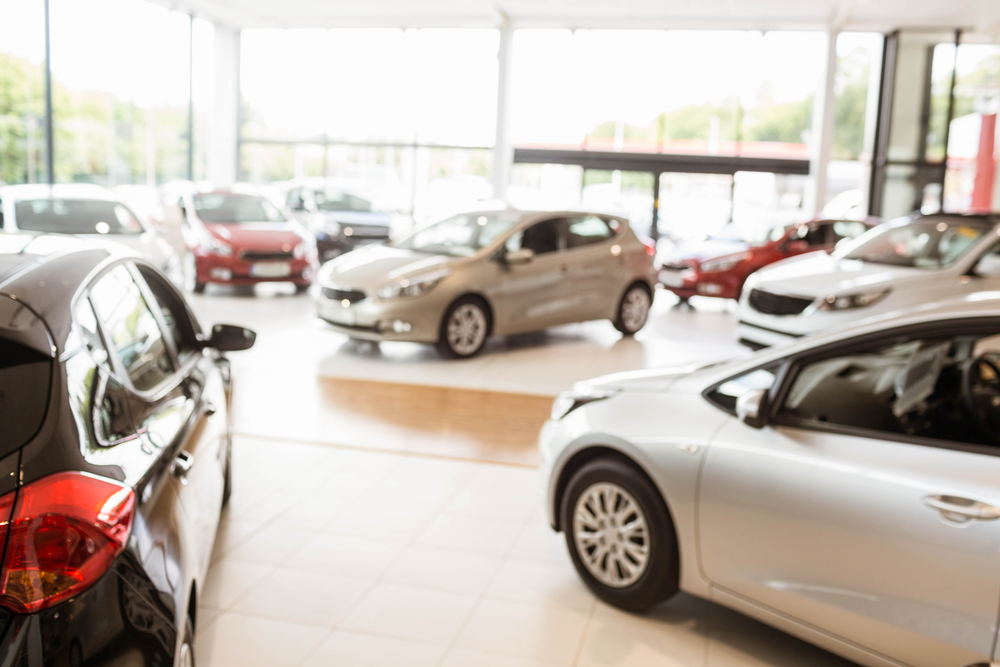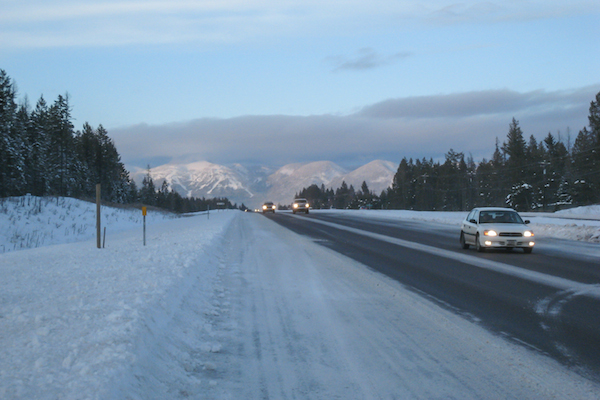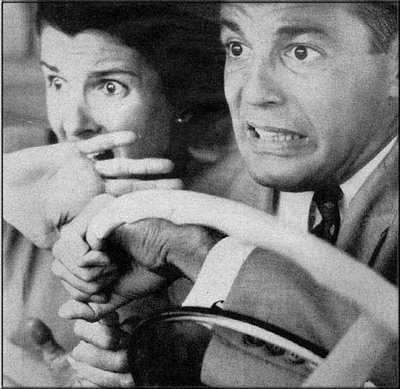7 Hacks to Stop Winter from Stealing Your Gas Mileage
In our previous post about the seasonal effects on gas, we mentioned that winter gas blends are cheaper than summer 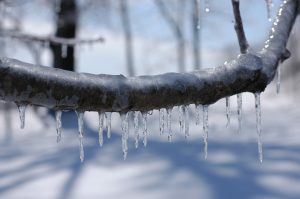 ones. We also noted that winter might still be an expensive time for gas consumption, because of how the weather puts more demands on cars during the colder months. You’ve probably seen it for yourself. Naturally, cold weather increases the desire for comfort since it’s no fun driving in freezing temperatures. But it comes at a price of reduced gas mileage. You should know what habits will help you save money during winter, so you can save some big bucks on gas this season.
ones. We also noted that winter might still be an expensive time for gas consumption, because of how the weather puts more demands on cars during the colder months. You’ve probably seen it for yourself. Naturally, cold weather increases the desire for comfort since it’s no fun driving in freezing temperatures. But it comes at a price of reduced gas mileage. You should know what habits will help you save money during winter, so you can save some big bucks on gas this season.
1. Refrain from Idling
First off, it’s important to remind you that idling for more than 3 – 5 minutes (timeframe varies among municipalities), is prohibited. From a fuel economy and money standpoint, however, constant idling is a bad idea. It is a myth that your engine needs to warm up in the winter. Additionally, you should understand that you’re simply burning fuel when you’re not even moving. It really is just a waste of money and time.
2. Keep tires well inflated
Tire pressure plays a huge rule in gas mileage – a well-inflated tire propels your car easier, reducing the amount of gas that’s burnt. Cold temperatures decrease tire pressure, which has an effect on gas mileage. Fortunately, the fix is easy. As part of your winter driving prep, make sure that your tire is well inflated, and pump some air into it if running low. With that said, make sure to follow your manufacturer’s instructions on tire inflation.
3. Reduce heater/defroster use (if possible)
 We get it – sitting on a frozen seat is uncomfortable. But overuse of your seat warmers, heater and defroster will burn gas. Of course, you need to use them at appropriate times (ie. defroster for a foggy window). However, if you’re one of those folks who blasts the heater and seat warmer to the highest settings, you might want to cut back. Your wallet will thank you.
We get it – sitting on a frozen seat is uncomfortable. But overuse of your seat warmers, heater and defroster will burn gas. Of course, you need to use them at appropriate times (ie. defroster for a foggy window). However, if you’re one of those folks who blasts the heater and seat warmer to the highest settings, you might want to cut back. Your wallet will thank you.
4. Use engine oil best suited for winter
Some of you may veer away from using the recommended oil for your engine. Well, that’s unrecommended in winter. Your car may run better on a grade of oil with lower viscosity (especially if you drive a newer car), which is not as common with older engine oils. These oils are better for engines and can improve fuel economy significantly. However, the best oil is the one “prescribed” to you by your manufacturer. Follow their advice, and you should be fine.
5. Don’t speed
Avoiding the urge to speed in the winter has many benefits. You’ll lower your risk of getting into an accident on icy roads, and save yourself from speeding tickets. But you will also burn less gas. Regardless of what time of year it is, speeding will reduce gas mileage. However, it’s more pronounced in winter since there are already so many elements that affect fuel economy to begin with. So do yourself a favour, and take it slow.
6. Drive less
Unless you’re an ice road trucker or run a snowplowing business, you might not have to drive around that much in the winter.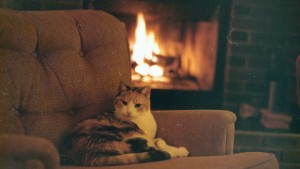 If that’s the case, don’t. Carpool, take the bus, and on the weekends when the weather is bad, stay home (unless you have to go outside). Driving less in the winter can be a refreshing break if you allow it, not to mention, a good way to save on gas.
If that’s the case, don’t. Carpool, take the bus, and on the weekends when the weather is bad, stay home (unless you have to go outside). Driving less in the winter can be a refreshing break if you allow it, not to mention, a good way to save on gas.
7. Travel light
Travelling light is not only meant for the frequent fliers. Let’s say you like journeying to winter destinations by car. Carrying a large load of bags and suitcases will add to the drag your car has to deal with, burning more fuel than you really have to. You can expect to stop for more gas breaks. Practice the art of travelling light by keeping the non-essentials at home. You’ll improve fuel economy, and will have less “back-breaking” to put up with.
Bypass the Gas
The more you put these habits into practice, you’ll find yourself spending less money on fuel. And that’s something that everyone wants. Winter puts a lot of demand on your vehicle, and that naturally affects its gas mileage. If you notice your habits waste gas, then make the effort to curb them.
Additionally, there’s a challenge you might want to try as well. Keep your receipts (a lot of you do this already), and keep track of how much you spend over the winter months. If you notice a drop in the usual expense after following these practices mentioned above, you now know what to do for every winter to come. And it will be a great feeling.
